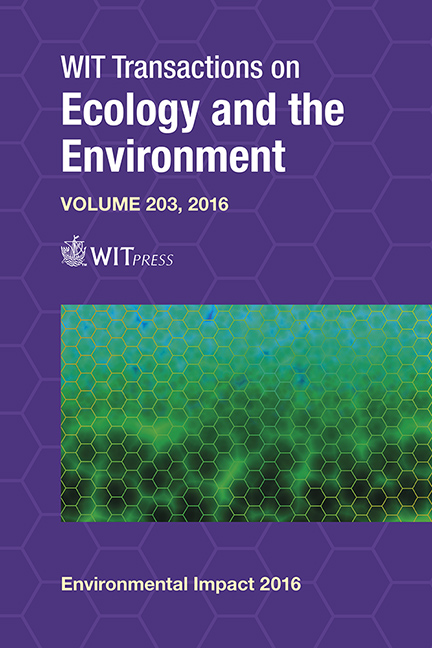Climate Change Adaptation Strategies In Mexico
Price
Free (open access)
Transaction
Volume
203
Pages
11
Page Range
183 - 193
Published
2016
Size
330 kb
Paper DOI
10.2495/EID160171
Copyright
WIT Press
Author(s)
J. F. Audefroy
Abstract
This paper is about the introduction of adaptation strategies as part of the decision-making process of state and municipal authorities, local communities and the private sector. Many aspects of adaptation can only be implemented through the actions of state and municipal authorities; in other words, facilitate, promote, allow, support and control. Collaboration among the various actors is almost always a success factor, although it does not always exist. Current financial, regulatory and environmental systems offer little leeway for adaptation. For example, resettling, abandoning damaged buildings, and reconstructing in the same location are all actions taken by state authorities with scant regard for adaptation to climate change. Nor are development and planning priorities such as land-use, zoning regulations and infrastructure supply aligned with the objectives of adaptation. A real disconnect exists between development objectives and adaptation to climate change.
Local authorities’ ability to work effectively on their own or in conjunction with others is clearly limited by insufficient funds and technical knowledge, and by a lack of information and leadership.
Keywords
adaptation, climate change, strategies, housing, Mexico





